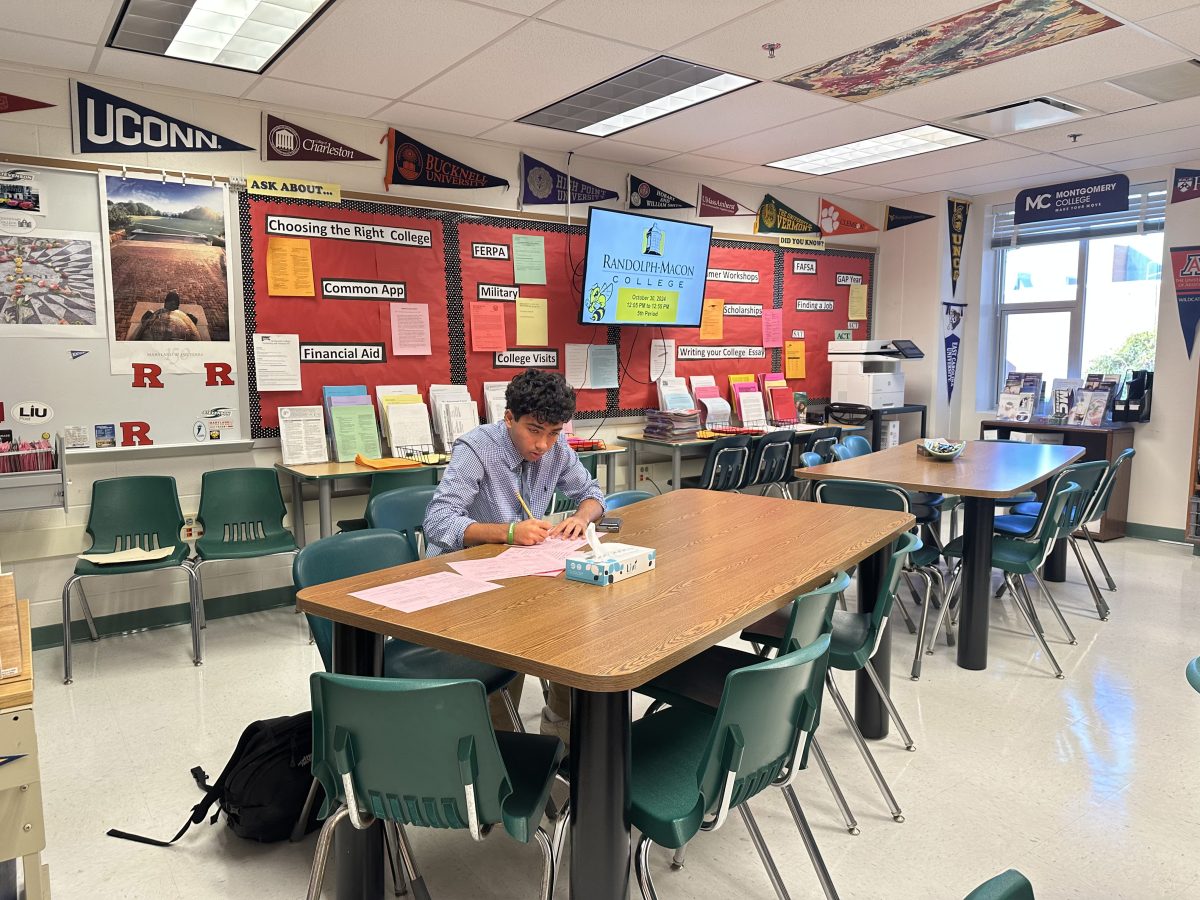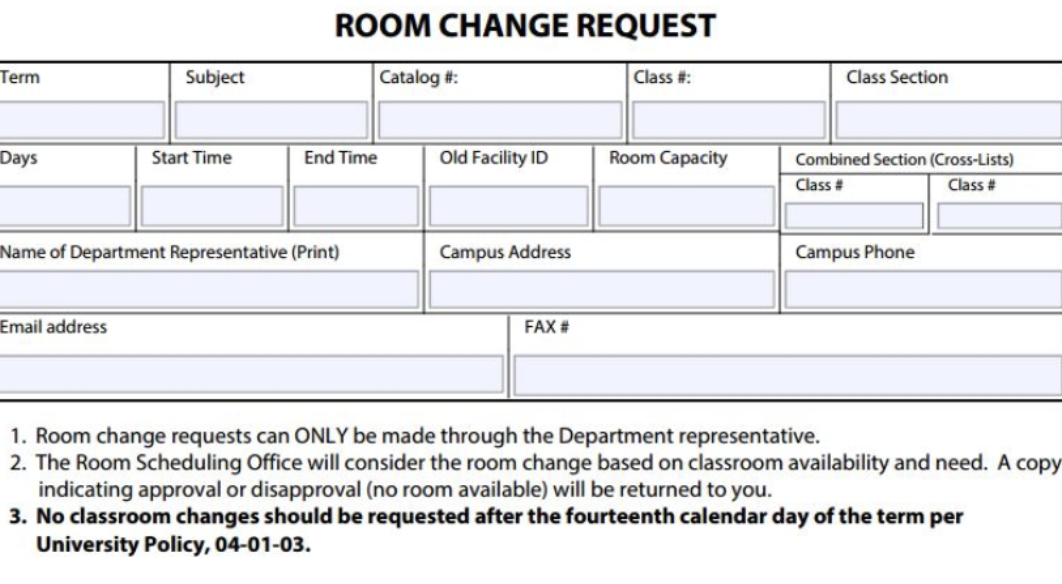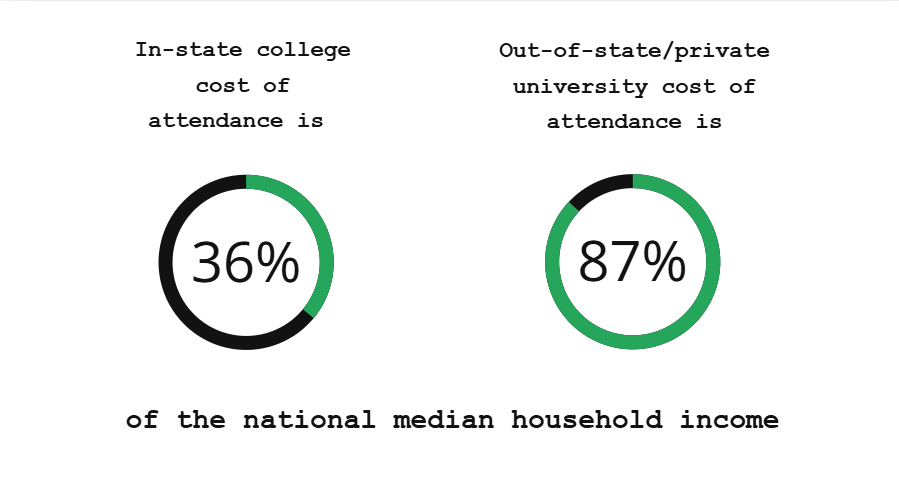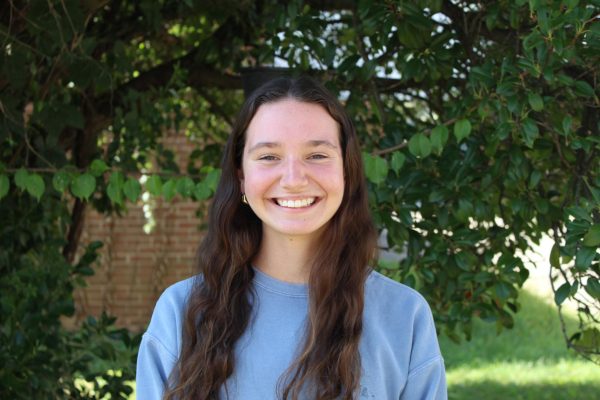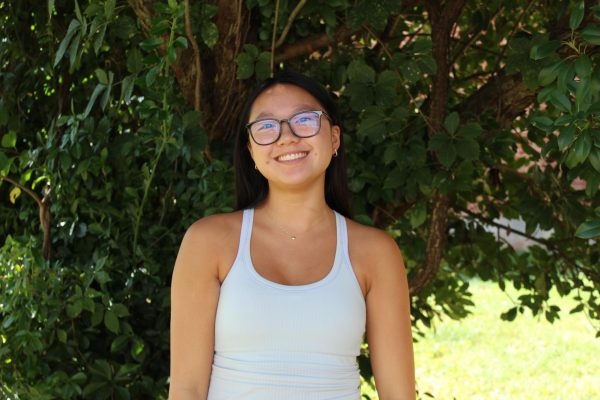As the Nov. 1 deadline quickly approaches, we, two members of the Class of ‘25, thought we would pay it forward and give the upcoming senior class some advice. Here is your condensed guide on how to approach the college application process!
Teacher Recommendations:
Although not required for some schools, teacher recommendations are a crucial boost to your application. We strongly recommend that you ask your teachers in-person in the spring of your junior year. It is important to ask this early because a lot of core teachers cap the number of recommendations that they write. Most colleges like two recommendations, one from a core subject and the other related to something about your intended major. These teachers should be ones that you have built a strong connection with during your time in high school.
The most important part of teacher recommendations is following up! Be sure to write a thank you email and follow up in the beginning of your senior year.
Personal Statement (Common App Essay):
The summer going into your senior year is a good starting point for brainstorming and drafting your personal statement essay. This essay has a word limit of 650 and should reflect an important piece of your life that shows colleges that you can succeed after graduating high school. The essay should tie back to your intended major. A good piece of writing should not just be looked at once, but rather gone back to and edited multiple times and seen by multiple people.
Creating Common App Account/Naviance:
Something many might not know is the Common App website launches on Aug. 1. However, you can put your personal information into the Common App section prior to the launch. This is a good idea because once Aug. 1 rolls around, you will want to focus on school-specific elements of the application.
Naviance is a great resource to research colleges and can filter your preferences based on major, test scores, GPA and more. Put colleges you think you will apply to under the “Colleges I am Interested In” section. This will allow your counselor and the school to know and understand your plan. Transcripts and recommendations are also sent through Naviance.
College Visits + In-School Visits:
Touring and showing demonstrated interest in schools can make an impact when a college admission representative is reviewing your application. Taking virtual and in-person tours is among the best ways to find out information about a school and visualize yourself on the campus. If you get the chance to meet a college representative, make sure to follow up and email them to say thank you and ask any questions that you may have.
Select schools also have interview opportunities that you should take advantage of. Though emails are helpful, talking to a representative in real time shows your dedication and can set you apart from other applicants. While it is a good way for the school to get to know you, it is also a great way for you to learn more personalized information about the school.
Supplemental Essays:
One of the most important parts of an application can be the supplemental essay. This is because these essays are catered to what a school is specifically looking for in a future student. Our advice is to prioritize these essays based on when they are due and how high they are on your list. The word count for these is often much less than what it is for the personal statement, so write and then cut down on words.
Final Advice:
The last piece of advice we will leave you with is to consider applying to schools with rolling admissions or early action. This way you will get your answer much faster than you would if you applied regular decision. This takes prolonged stress and anxiety away from your senior year.


